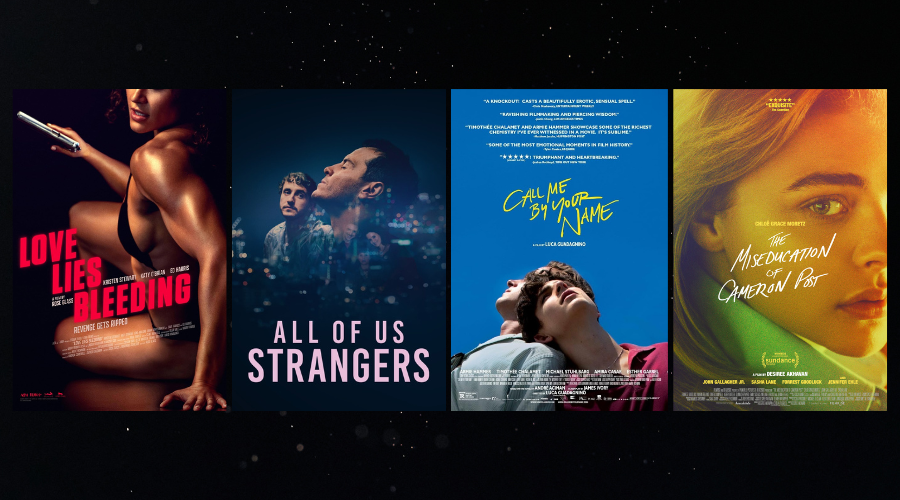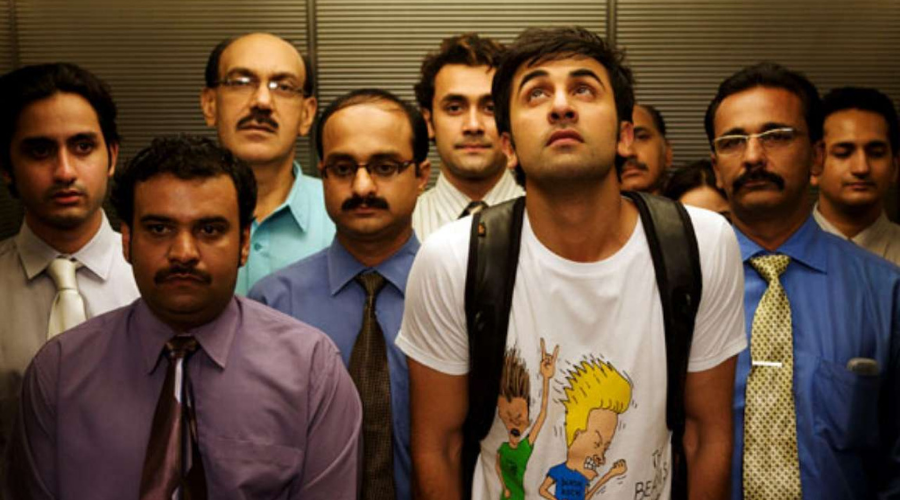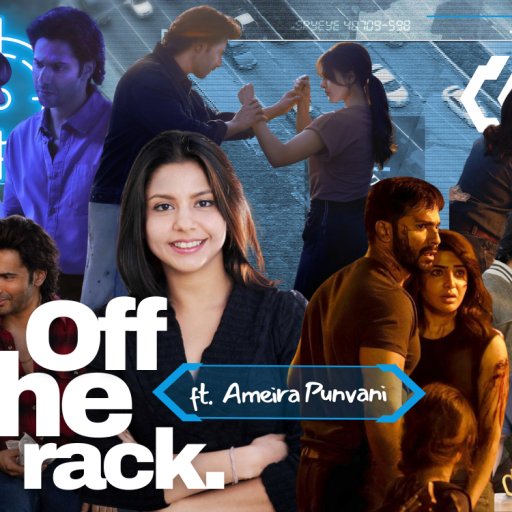If I had a rupee for every time a motivational speech has told me to “find something you love to do and you won’t have to work a day in your life”, I’d have enough money to not have to work at all. We’re encouraged to leverage our interests and hobbies and turn them into money-making careers or businesses, ultimately giving in to the hustle culture that tries to extract profit from our pleasure. If you enjoy something and you’re good at it, but you’re not using that skill to progress towards monetary gains, why is it seen as a waste of time and talent? What if I enjoy pottery because it brings me joy? Or because I love the thrill of giving life to formless clay? Or that embracing the flow state helps me calm my anxiety? Why is that not enough?

Why turning your hobbies into hustles might not be the best idea
Not to say that you can’t find joy in turning your passion into a career or shouldn’t love what you do– it’s just to say that it’s okay to love a hobby for what it is– something that enriches your life, makes you happy and helps you recharge without having any expectations that it will help you pay the bills.
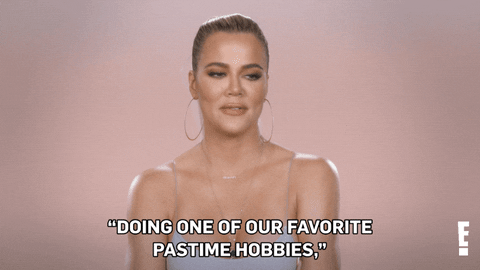
The idea of turning your hobbies into hustles seems alluring but the realities of transforming what you love to do for fun into an excel sheet-filled, deadline meeting job might be complicated. It becomes less about you and more about who you’re creating for and what they’re consuming. You may be excellent at what you do, but if your audience and customers don’t connect with it, there’s no income. Painting portraits of your dog might be your ultimate passion, but it’s other people who have to be willing to buy your art. It can eventually turn tedious to start having to participate in this ‘hobby’ as something you have to do even on days you feel uninspired instead of being something you used to indulge in to get away from work. What’s the point if your main form of stress release becomes the reason for your stress?
You don’t have to monetize your happiness. Not all hobbies need to be infused with a greater purpose beyond bringing you joy. They, on their own, can be enough. You’re allowed to do something you love, just because you love it, for nobody else but yourself.
The fallacy of the ‘Do what you love’ mindset
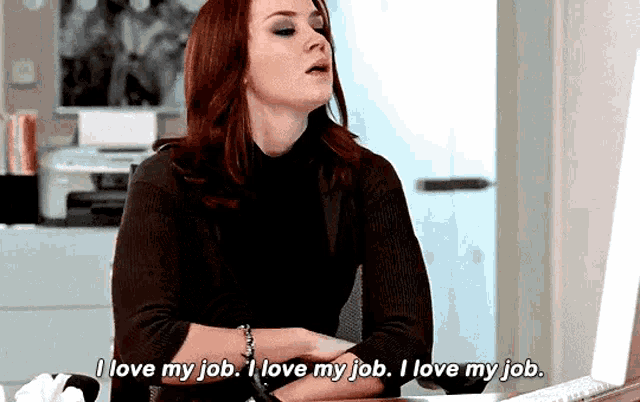
Hobbies are enjoyable because they’re indulged in entirely out of choice. Work, on the other hand, requires commitment that overrides our moods and whims– even if it’s something you’re passionate about, it will have its ups and downs. Doing what you love as work is still work and we need to acknowledge it for what it is. The ideas we’re fed about work not feeling like work if we love it, is inherently problematic. Miya Tokumitsu, author of Do What You Love And Other Lies About Success and Happiness, argues that the DWYL (Do what you love) mindset can be a pathway to the exploitation of workers. Adhering to longer working hours and smaller paychecks just to be trapped in the employer’s scheme of convincing you that you don’t actually work at all, because you love your job? We’ll pass. Adam J. Kurtz, author of Things Are What You Make of Them writes “Do what you love and you’ll work super f****** hard all the time with no separation or any boundaries and also take everything extremely personally.”
Read about Gen Z And Millennial Shopping Habits And How They’re Different From Each Other.

